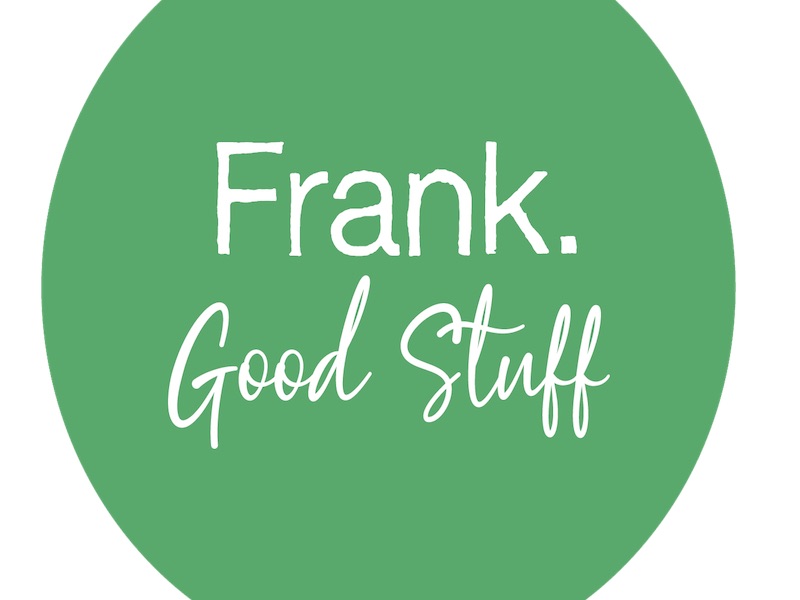Maja Pawinska Sims 07 Oct 2019 // 10:37AM GMT

LONDON — Frank is the latest PR agency to launch a specialist purpose division to help businesses and individuals use their influence to effect positive social change.
Good Stuff will be led by the agency’s editorial director, Ryan Sketchley, who has been in the role for nearly three years and previously worked at Thirteen, TVC and Red Consultancy.
Frank co-managing partner Andrew Bloch told the Holmes Report: “We’ve always handled corporate communications with a bit of a Frank twist, and we’ve been doing more and more work in this area. Companies need to operate in an engaging way while avoiding ‘woke-washing’, and we’re well-placed to help them communicate their purpose in a way that fits with our creative Talkability proposition and will make a real difference.
“As Unilever CEO Alan Jope said at Cannes this year, purpose isn’t about ‘make them cry, make them buy,’ it’s about companies that are prepared to take real action.”
Bloch cited the agency’s recent ‘Meltdown’ campaign for Burger King UK with digital agency Coolr and the creative team at JKR, announcing the chain’s removal of plastic toys from its kids’ meals, as an example of purposeful communications: “It wasn’t just a stunt, they wanted to act on single-use plastic and the campaign went through their entire company and from the top level.
“There was a real solution in place within the business by the time we went to the public and communicated in a way that brought their brand values to life and hopefully created momentum within the entire fast food industry.”
Other recent purpose-driven campaigns from the Frank team have included creating Coty & Rimmel’s #IWILLNOTBEDELETED movement, which saw millions of young women voice their rejection of beauty cyberbullying, and working with white goods retailer AO.com on a campaign to encourage responsible recycling.
According to research by Accenture, 63% of consumers prefer to purchase products and services from companies that stand for a purpose that reflects their own values and beliefs, and will avoid companies that don't, while 62% want companies to take a stand on social, cultural, environmental and political issues.


































.jpg)




.tmb-135x100.jpg)












